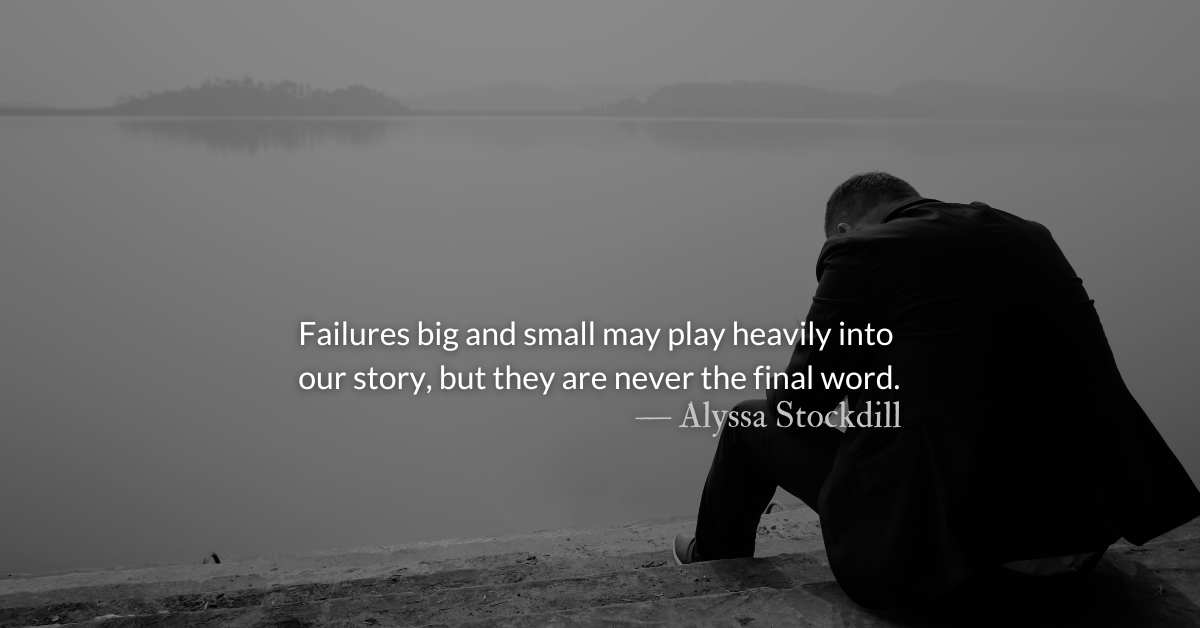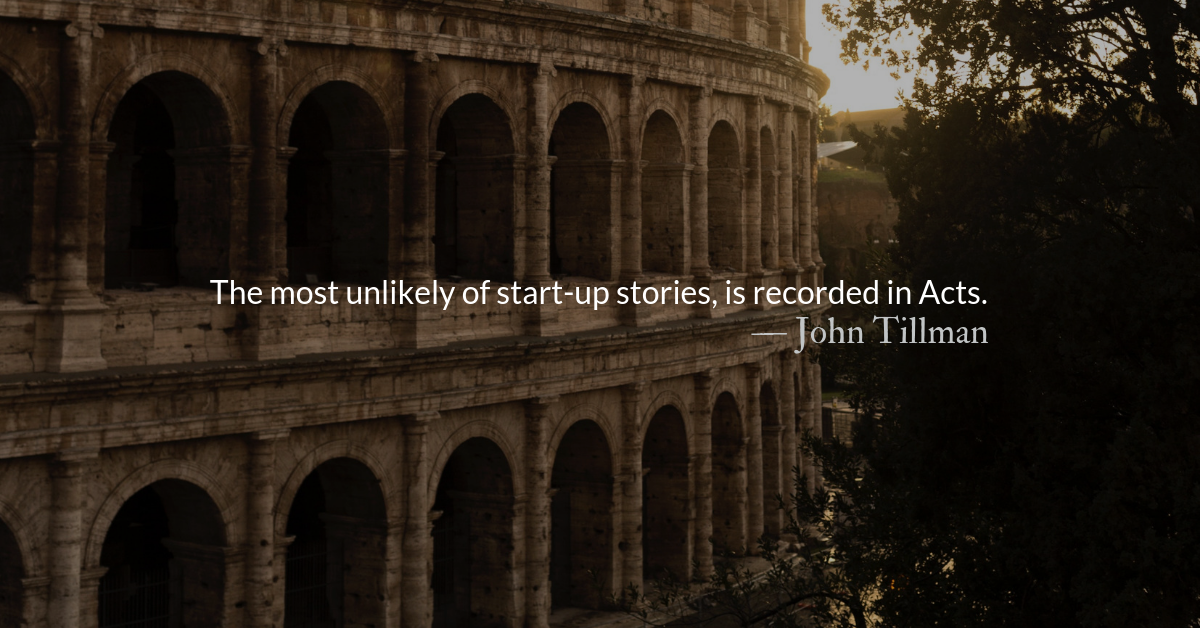Scripture Focus: Judges 1.1-2
1 After the death of Joshua, the Israelites asked the LORD, “Which tribe should go first to attack the Canaanites?” 2 The LORD answered, “Judah, for I have given them victory over the land.”
From John: We have five bonus Student Writers this year who are writing for us this July. These students attended meetings and trainings with our other students and received similar coaching on their writing submissions. We are so thankful to everyone who helped make this year’s Student Writers Month the biggest we’ve ever done, including the students themselves, our special guests and speakers, and of course our donors who make everything we do possible.
Reflection: Learning to Live in the Land
By Alyssa Stockdill
The book of Judges begins on the heels of Joshua’s “happily ever after.” What has, until this point, been a story of getting to and conquering the land, now becomes a story of trying to live in the land.
God continues to remind Israel that as he has already he will continue to bring victory, but for them to truly settle down, the current inhabitants must be driven out.
Judah and Simeon are successful. They live and fight based on the reality of God’s promise. Others are not. God’s intent was to keep Israel set apart from the people and influence of Canaan, but when faced with opposition, they settle for a tenuous arrangement. They allow the Canaanites to remain, either as forced laborers or uneasy neighbors. God’s vision for the flourishing of his people required faithful execution of his commands and faith in his promises. This compromise sets the stage for colossal failure ahead. Israel’s turn from, and return to, Yahweh is a cycle that will repeat throughout the rest of Judges and far beyond.
As followers of Jesus, we have already found our victory in him. However, we are also on a lifelong journey of transformation into his image (2 Corinthians 3.18). We may have arrived in the land, but now we must learn to live in it.
Do you feel that you are in a battle for the life God promised to you? Sometimes we battle against our own flesh (Galatians 5.17), struggling to live in freedom from our sin and brokenness. Sometimes we battle against the powers and the principalities of this world (Ephesians 6.12). This is the heartache of living in the “already-but-not-yet.”
Will we compromise and allow the challenges we face to sow seeds for future failure? Or will we fight these battles with confidence that God has already done so on our behalf? Will we take heart because we know the one who has already overcome the world?
The good news is that we serve a God who is faithful even when we are faithless. Failures big and small may play heavily into our story, but they are never the final word. The course charted in these early pages heads straight for destruction and exile, but this is the story of a God who is willing to go to the greatest lengths to bring his people home.
Divine Hours Prayer: The Small Verse
The earth is the Lord’s and all the fullness thereof, the world and we who dwell within. Thanks be to God.
– From The Divine Hours: Prayers for Summertime by Phyllis Tickle.
Today’s Readings
Judges 1 (Listen 5:08)
1 Timothy 2 (Listen 1:38)
Read more about Transformed by Koinonia
Within us are exalted idols and habits that must be torn down…fruits of the spirit that we have trampled under selfish feet.
Share a Readers’ Choice post!
What post helped you forgive?








